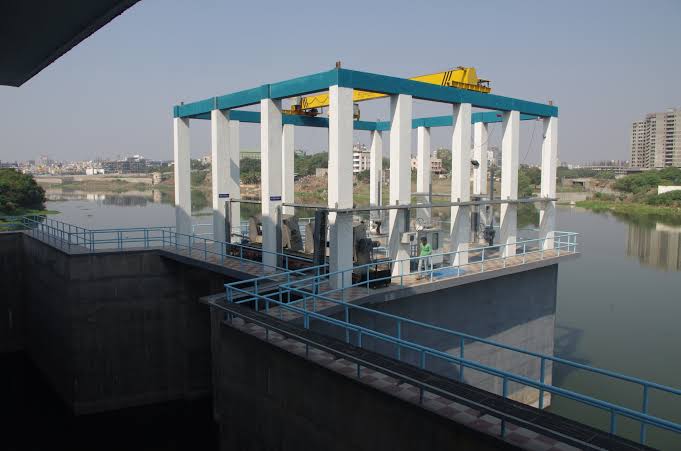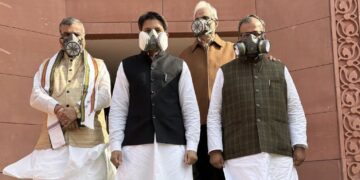Special Correspondent
Pune: City’s demand for an increase in its water quota has sparked controversy, primarily due to the State Water Resources Department’s failure to fully utilize treated sewage water for agricultural purposes. As the city’s population grows, concerns rise that expanding the urban water supply could negatively impact agriculture, especially if resources are diverted away from farming areas.
Pune relies on four major reservoirs that collectively provide 29 TMC (thousand million cubic feet) of water, serving the city’s needs as well as agriculture in neighboring areas such as Daund and Indapur. However, with the increasing urban demand, there are fears that agriculture will suffer if the city’s water quota is expanded.
To address this challenge, the Pune Municipal Corporation (PMC) invested Rs. 100 crore of taxpayer money in the Mundhwa Jackwell project in 2015. This initiative aimed to treat sewage water and recycle it for agricultural use, benefiting both the city’s growing water demand and supporting the agricultural sector. The project is capable of treating 550 million liters of sewage water per day, equating to 6.5 TMC annually for agricultural reuse.
However, despite this significant investment, the Water Resources Department has failed to effectively utilize the project’s full potential.
Underutilized Potential
According to data obtained through an RTI query, from 2016 to December 2024, only 35% (22.5 TMC) of the treated sewage water has been used for agriculture. Since January 2025, less than 10% of the treated sewage water has been repurposed for agricultural use.
This underutilization of resources has raised serious concerns, particularly as the city’s water demands continue to grow. Civic activists, including Vivek Velankar, president of the Sajag Nagrik Manch in Pune, have criticized the inefficiency of the Water Resources Department, emphasizing that the treated sewage water could significantly support agriculture while helping meet the urban water demand.
Call for 100% Utilization
In a letter to the state’s water resources minister, Velankar urged that the department be instructed to use 100% of the treated sewage water from the Mundhwa Jackwell project for agricultural purposes. He emphasized that this would not only benefit the farming community but also help increase the city’s water quota to 22 TMC, addressing both urban and agricultural water needs.
“The failure to utilize the available treated sewage water is directly affecting Pune’s agricultural sector. It is crucial that all the water from this project be used effectively for both agriculture and urban needs. This would ensure a fair distribution of water resources,” Velankar stated.
As Pune grapples with its water crisis, activists continue to push for better resource management, urging the authorities to prioritize full utilization of the Mundhwa Jackwell project to strike a balance between urban and agricultural water needs.















